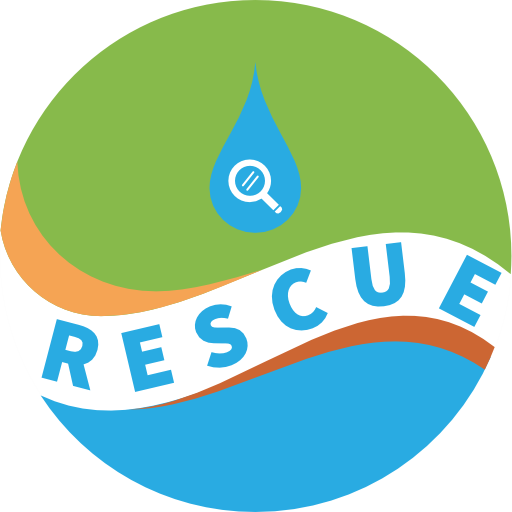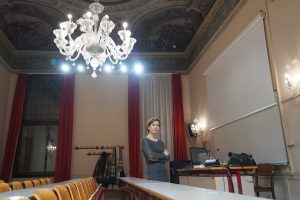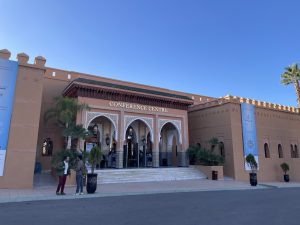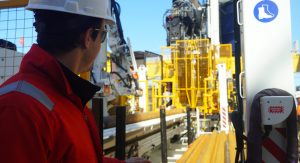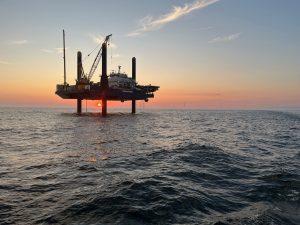Partners in the Project RESources in Coastal groundwater Under hydroclimatic Extremes (RESCUE), funded by Water 4 All and co-funded by the European Union, have published an article in science magazine, EOS, on groundwater as a sustainable solution to the water crisis.
Claudia Bertoni of University of Trieste (UNITS), and Fridtjov Ruden, Elizabeth Quiroga Jordan and Helene Ruden of Ruden AS discuss how scientists are finding fresh groundwater buried deep underground, but questions remain about the scale of these resources, how they are resupplied, and whether they can be used sustainably.
The article focuses on water data from around the world and the threats posed to conventional groundwater as a viable source.
Read the article in full here.
Below: Water gushes from a well drilled in Chad during the 2009–2010 United Nations Mission in the Central African Republic and Chad. Credit: Ruden AS
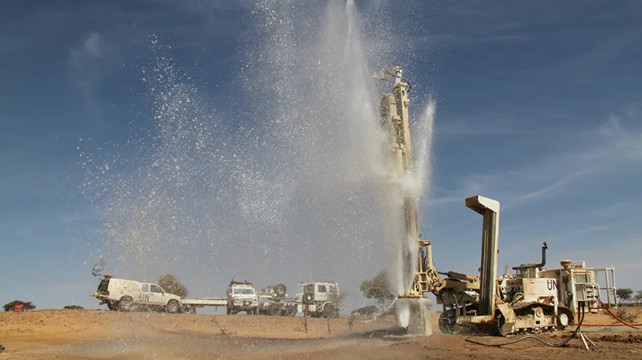
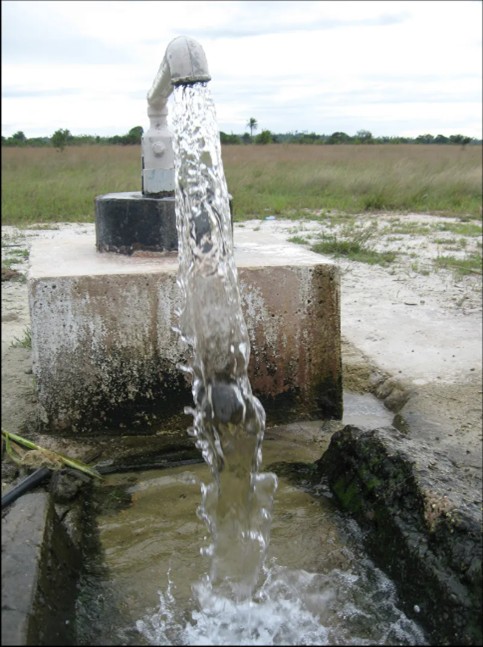
The 3 year-long RESCUE Project, which began in March 2024, aims to build knowledge on offshore and deep onshore low salinity aquifers in European coastal areas, to evaluate novel freshwater resources, and help secure a steady supply of water to both population and industry, in times of hydroclimatic extremes.
Led by the University of Trieste (UNITS), and with a consortium that includes the National Institute of Oceanography and Applied Geophysics – OGS, Ruden AS, University of Derby (UoD) and University of Malta (UM), RESCUE’s objective is to help establish the foundations for the evaluation of new resources for local and regional policy makers, while the global applicability of the outputs will allow upscaling to Europe-wide or other large areas worldwide, where water is needed.
Above: Water flows from a well drilled roughly 600 meters underground into the Kimbiji Aquifer in Tanzania. Credit: Ruden AS
